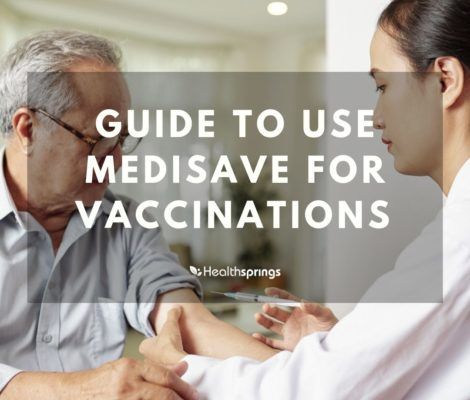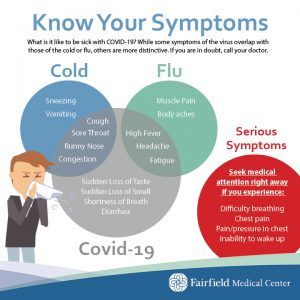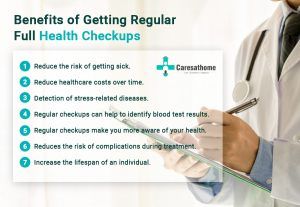All About Vaccinations: A Guide for Adults
Vaccinations are an essential part of maintaining good health and preventing the spread of infectious diseases. While commonly associated with childhood immunizations, vaccinations are equally important for adults. In this comprehensive guide, we will explore the benefits of vaccinations, recommended vaccines for adults, and address common concerns surrounding immunization.
The Importance of Vaccinations
Vaccinations are crucial because they help protect individuals and communities from dangerous diseases. Through immunization, adults can significantly reduce the risk of contracting diseases like influenza, pneumonia, hepatitis, tetanus, and more. Vaccines not only lower the chances of getting infected but also prevent severe complications, hospitalization, and death from these illnesses.
Recommended Vaccines for Adults
While vaccination schedules may differ based on individual health factors and age, there are certain vaccines that are generally recommended for most adults:
Influenza (Flu) Vaccine: Everyone, including adults, should receive an annual flu shot to protect against seasonal strains of the flu virus.
Tetanus, Diphtheria, and Pertussis (Td/Tdap) Vaccine: A one-time Tdap vaccine is recommended for adults who have not received it before, followed by a Td booster every ten years.
Pneumococcal Vaccine: Adults aged 65 and older, as well as those with certain medical conditions, should receive the pneumococcal vaccine to protect against pneumonia, meningitis, and other pneumococcal diseases.
Shingles Vaccine: Adults aged 50 and older are advised to get the shingles vaccine, which can significantly reduce the risk of developing painful shingles rash and post-herpetic neuralgia.
Hepatitis A and B Vaccines: These vaccines are recommended for adults who may be at increased risk of exposure to hepatitis A or B, such as healthcare workers, travelers to certain countries, or individuals with chronic liver conditions.
Measles, Mumps, and Rubella (MMR) Vaccine: Adults born after 1957 who have not received the MMR vaccine or do not have immunity to these diseases should consider getting vaccinated.
Human Papillomavirus (HPV) Vaccine: The HPV vaccine, originally administered to prevent cervical cancer, is now also recommended for certain age groups of males and females to protect against several types of cancers.
Addressing Concerns
Despite the proven safety and effectiveness of vaccines, some concerns and misconceptions persist. It is crucial to address them to make informed decisions about immunization:
1. Vaccine Side Effects
Vaccines may cause mild side effects such as a low-grade fever, soreness at the injection site, or a brief headache. Serious adverse reactions are extremely rare.
2. Vaccine Effectiveness
Vaccines have been rigorously tested and proven to be effective in preventing diseases. While they may not provide 100% protection, vaccination significantly minimizes the severity of symptoms if infection occurs.
3. Vaccine Safety
Vaccines undergo extensive testing before approval, and monitoring systems continuously evaluate their safety. The benefits of vaccination greatly outweigh the small risks.
4. Public Health Impact
Vaccinations not only protect individuals but also contribute to the overall health and well-being of communities. They help control the spread of diseases and prevent outbreaks.
Conclusion
Vaccinations play a vital role in safeguarding the health of adults and the wider community. By staying up-to-date with recommended immunizations, adults can effectively prevent serious diseases and their associated complications. It is important to consult healthcare professionals to determine the appropriate vaccines based on individual health factors, ensure regular vaccinations, and contribute to the collective effort in achieving optimal public health.


